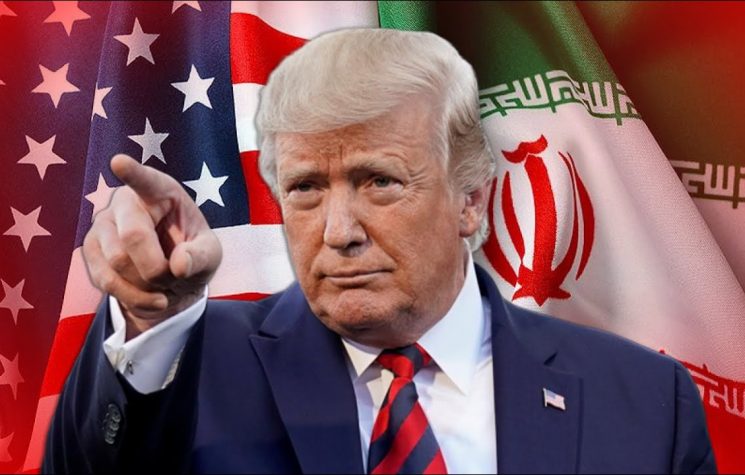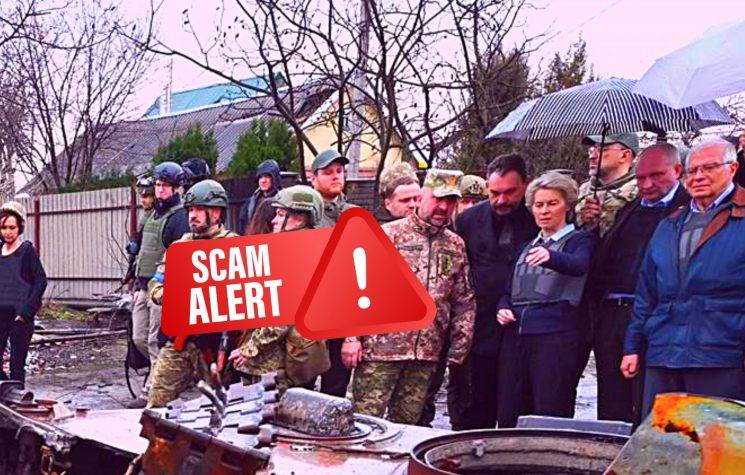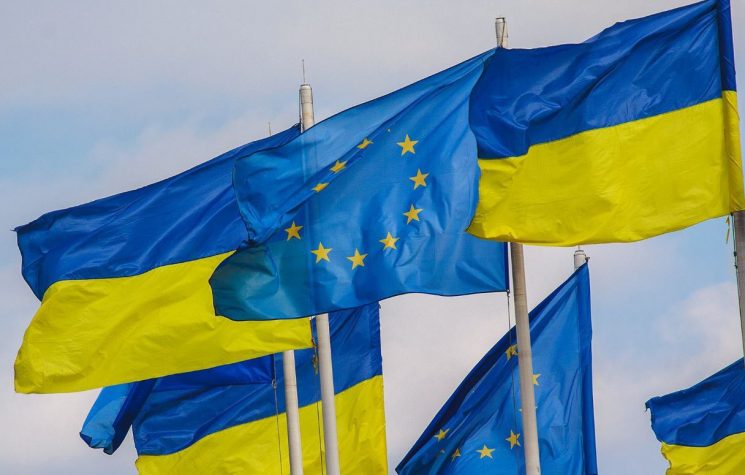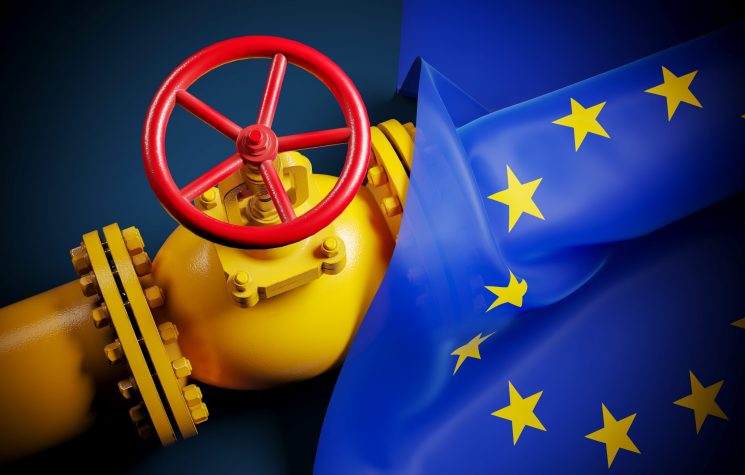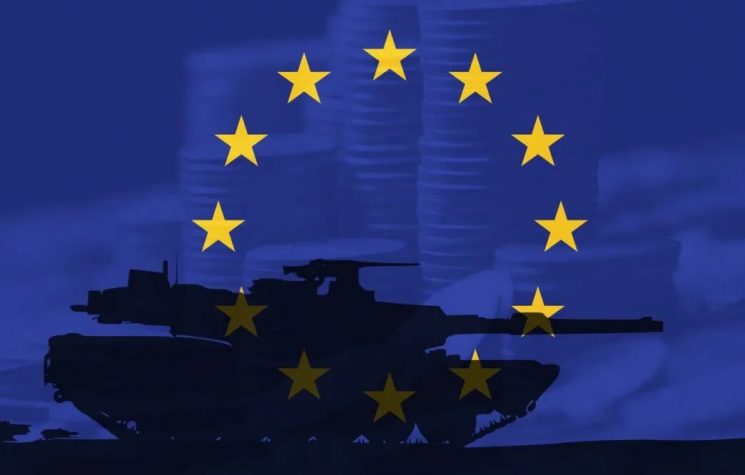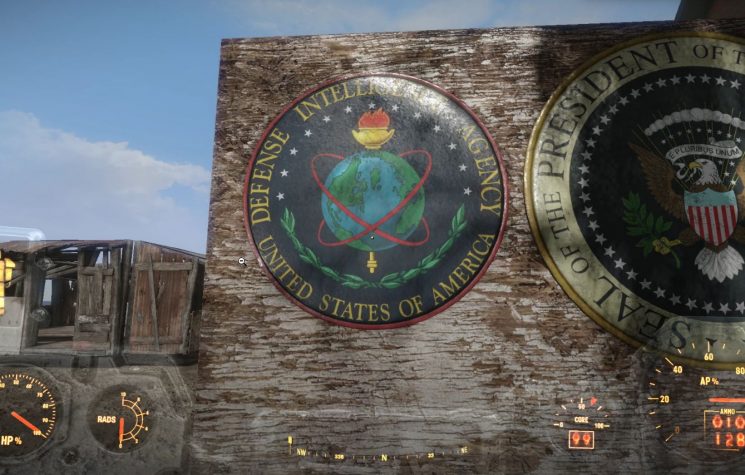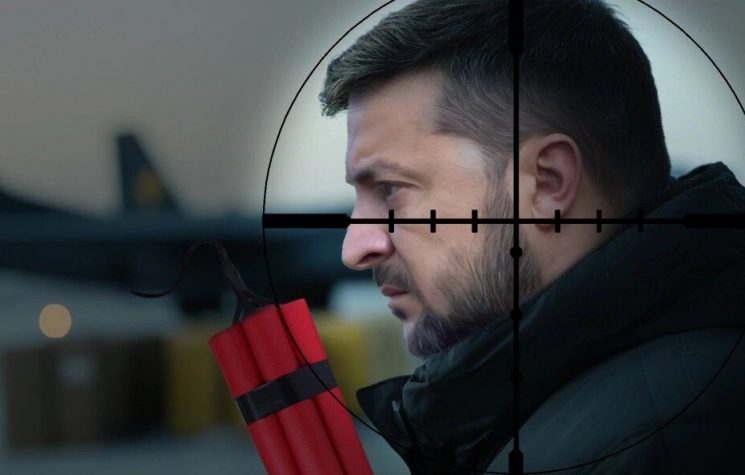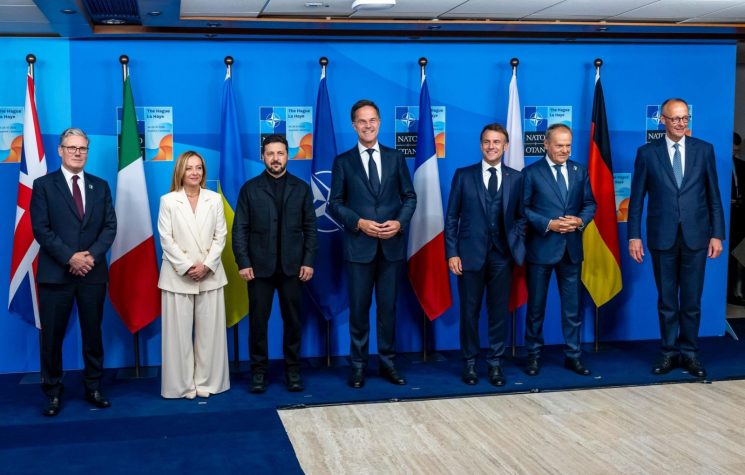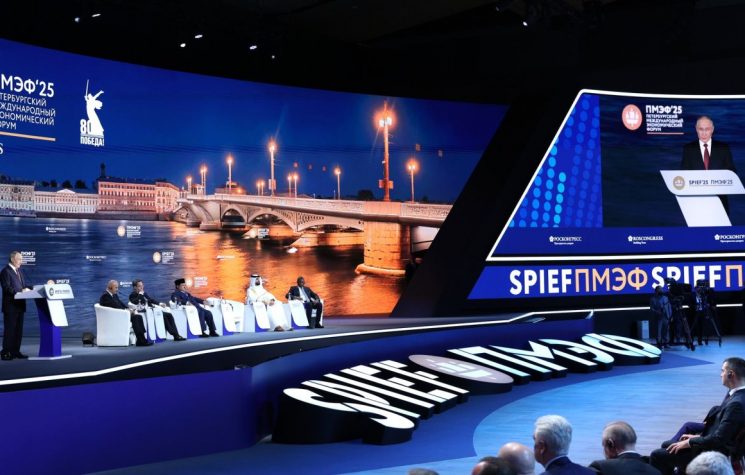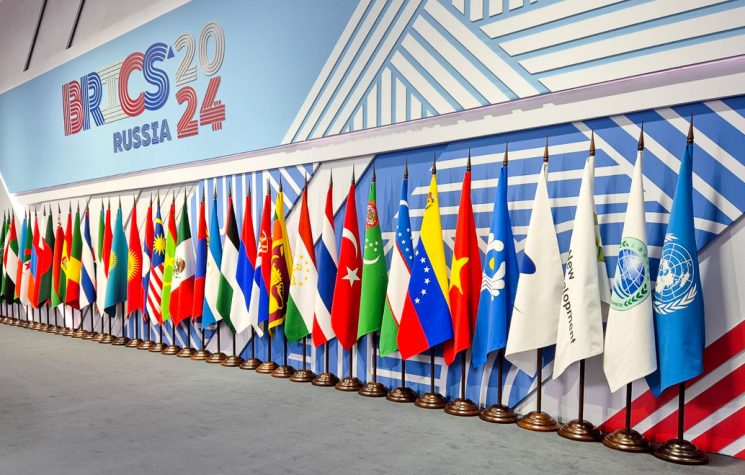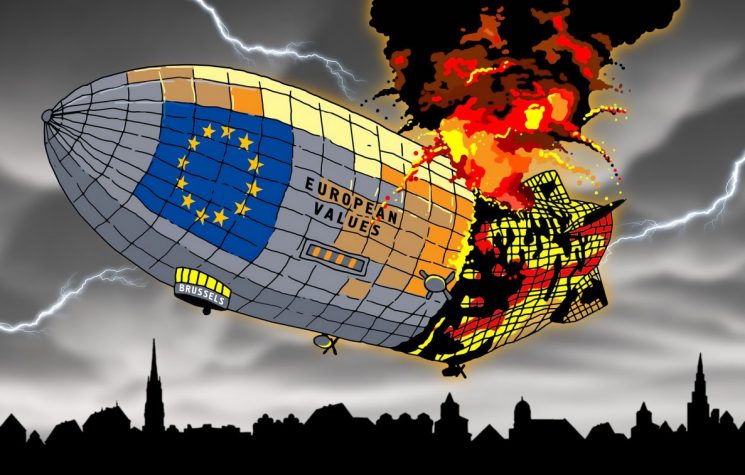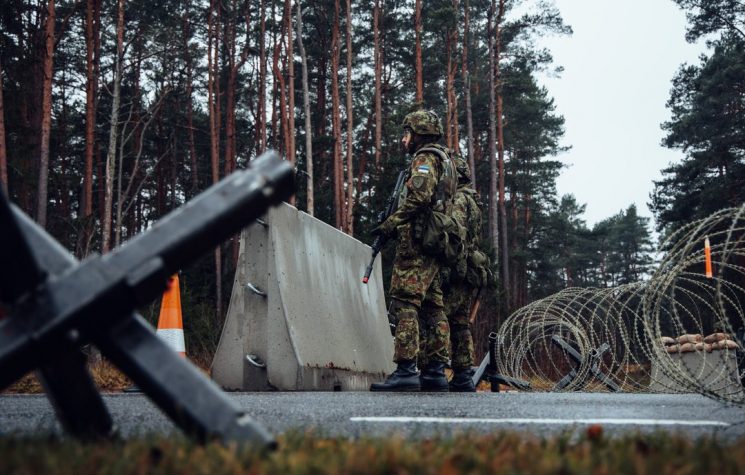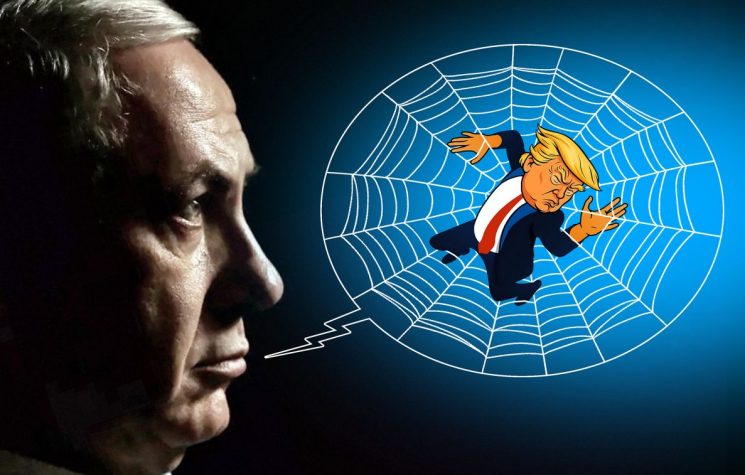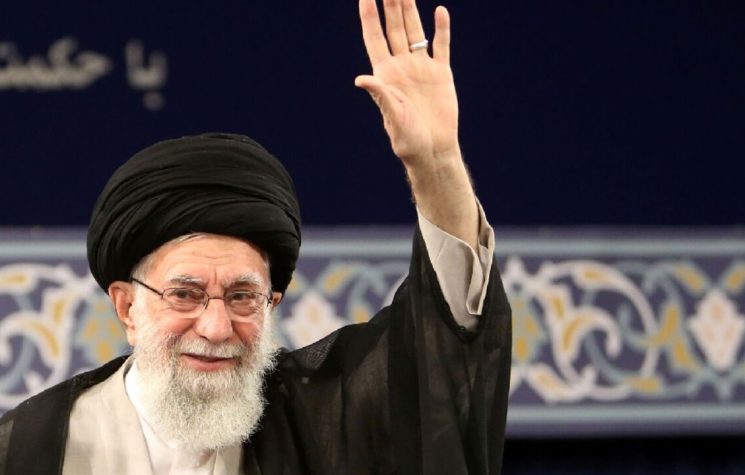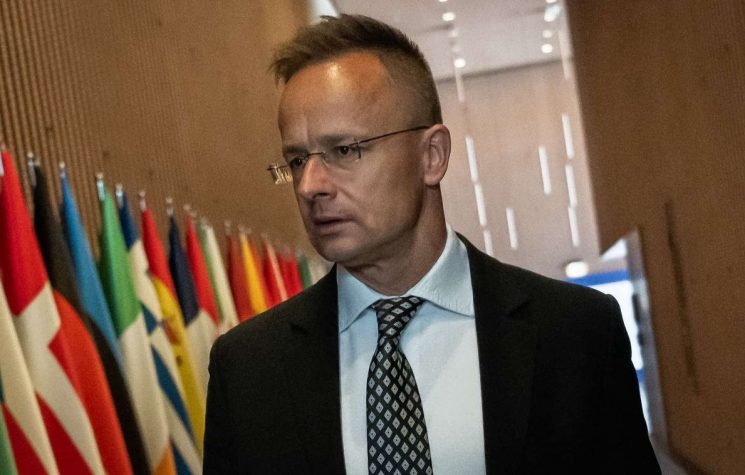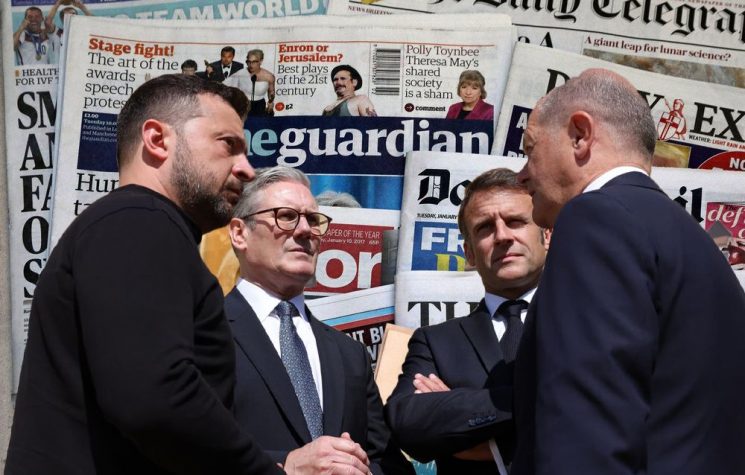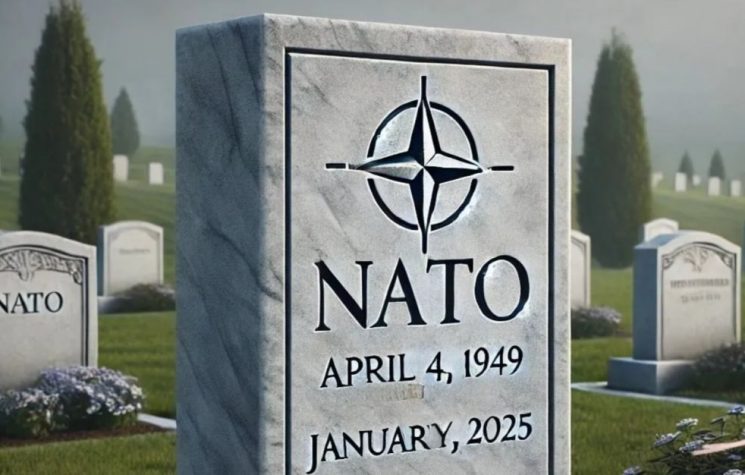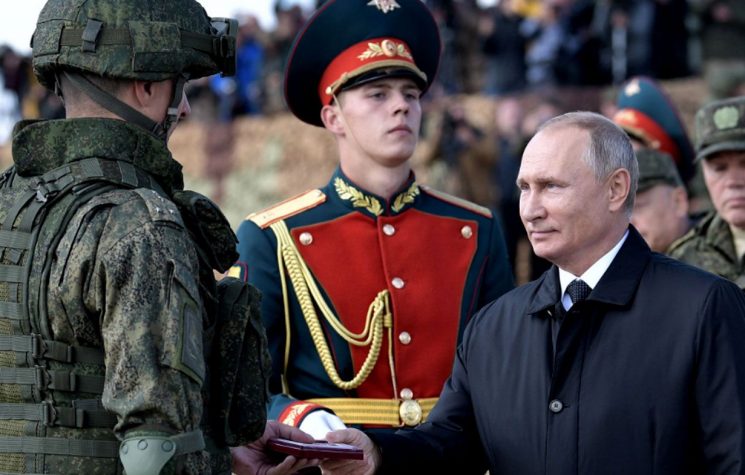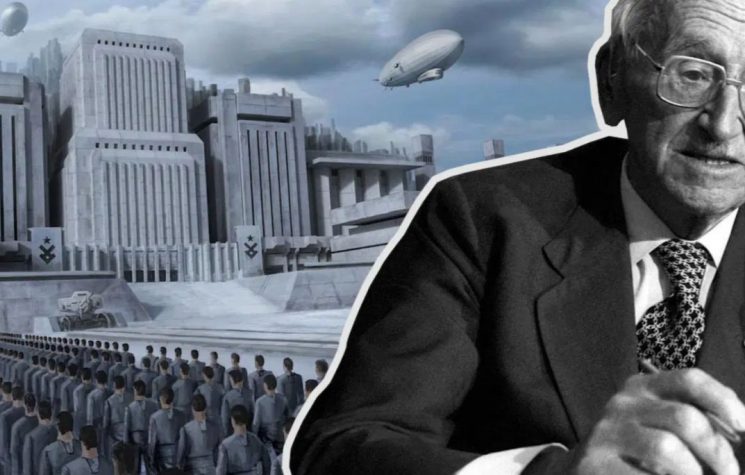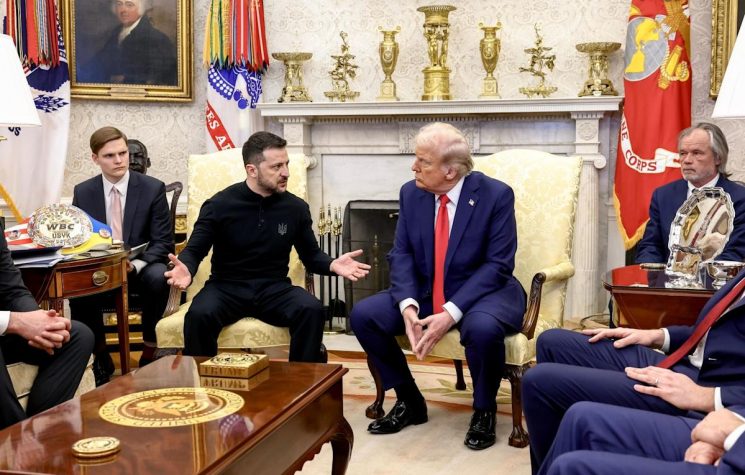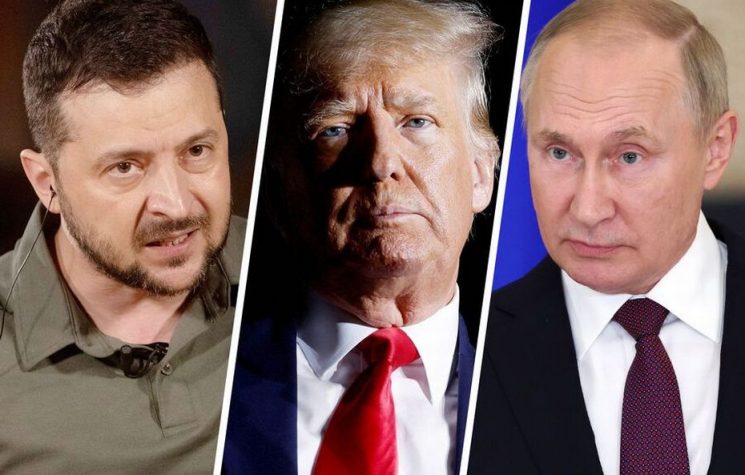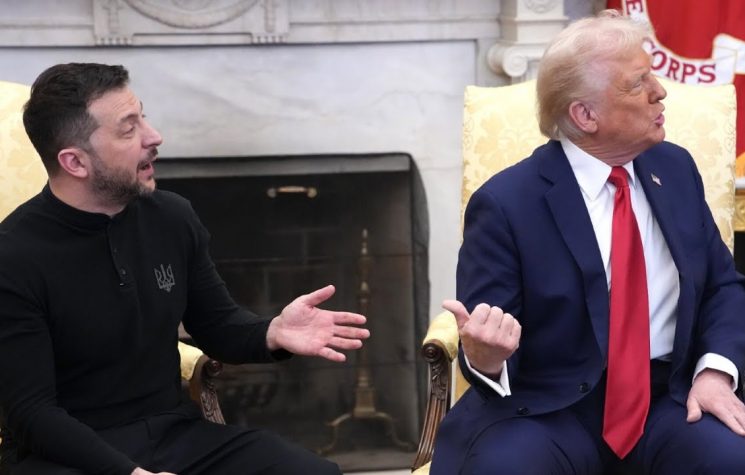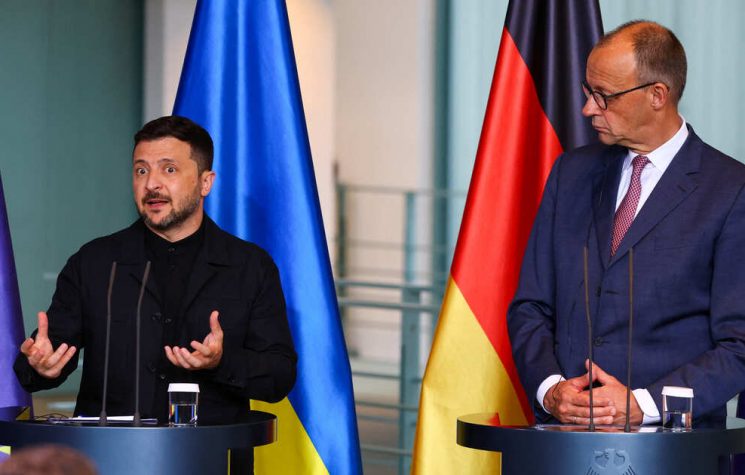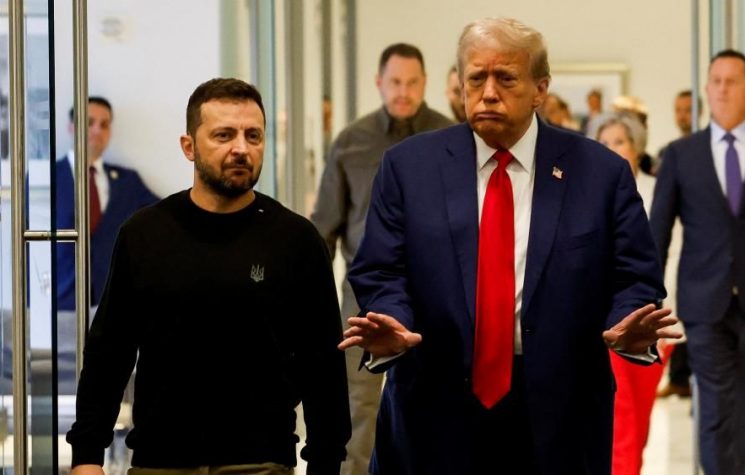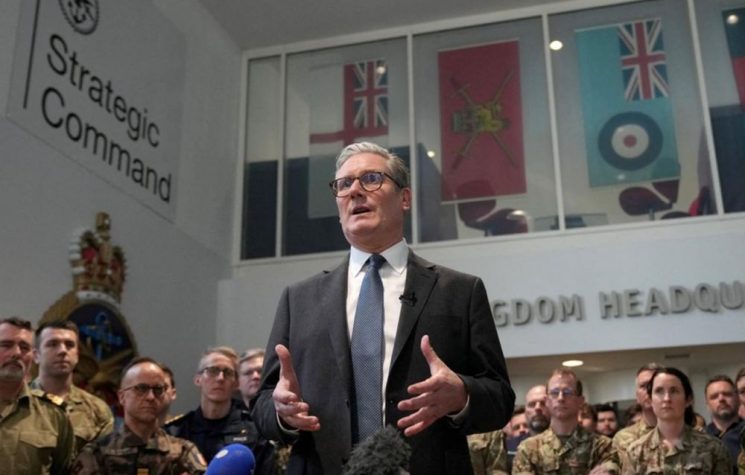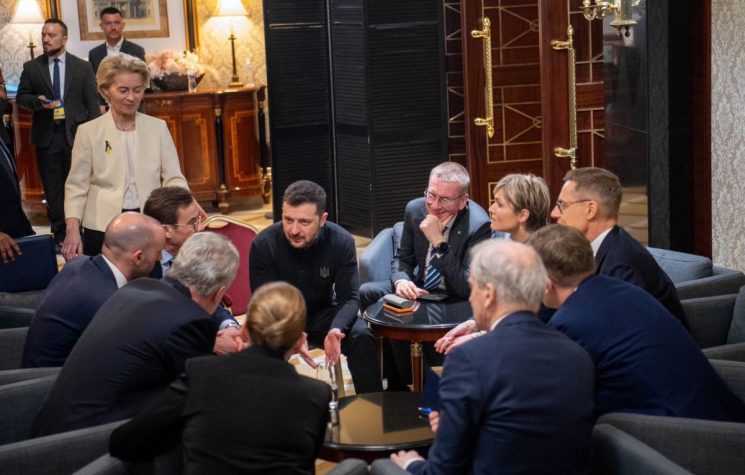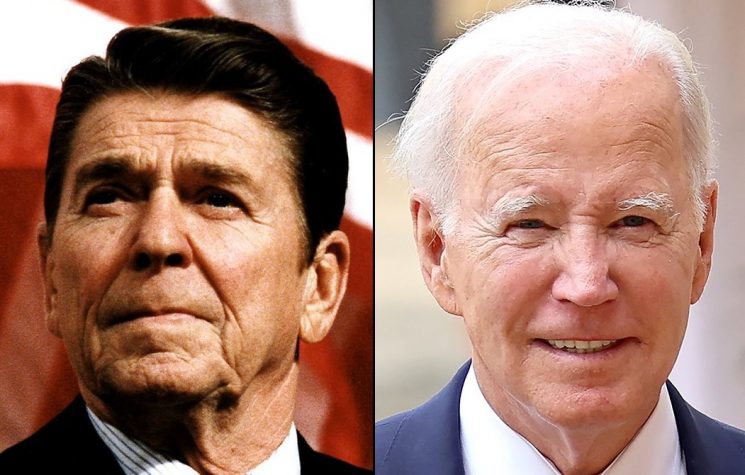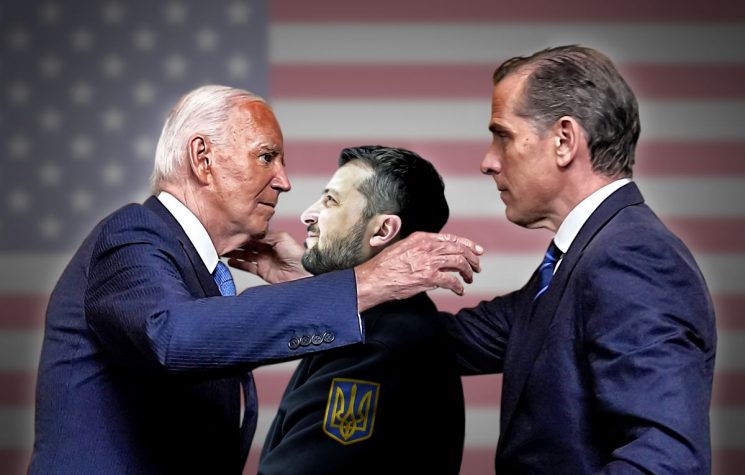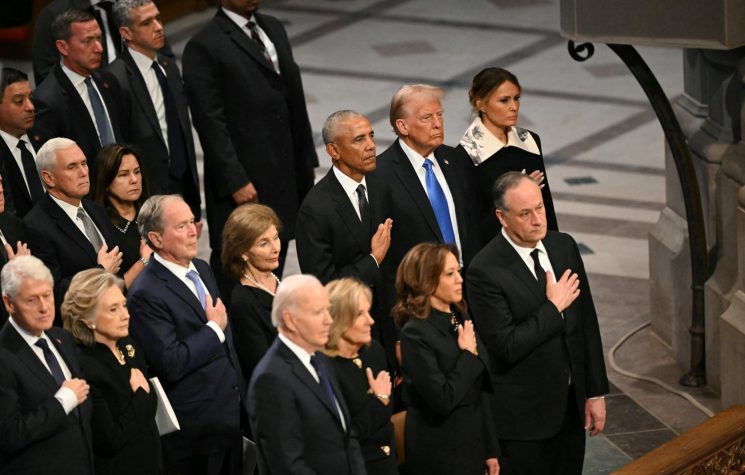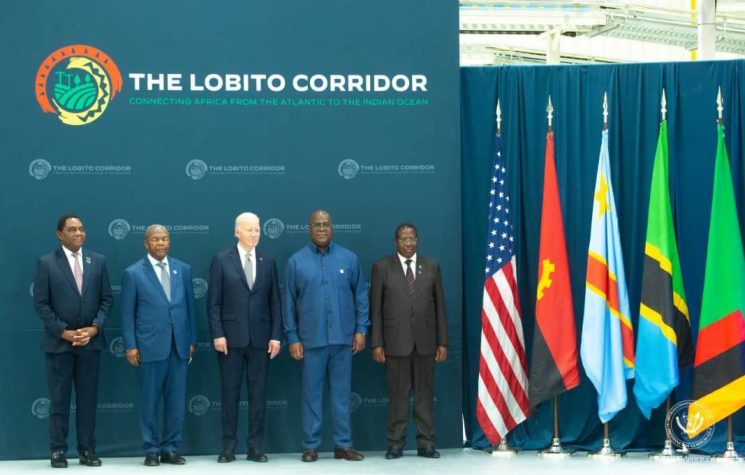It seems clear that the United States and its NATO allies wanted Russia to intervene militarily in Ukraine for the ulterior objective of inflicting a strategic defeat and thereby provoking regime change in Moscow.
Contact us: info@strategic-culture.su
It seems clear that the United States and its NATO allies wanted Russia to intervene militarily in Ukraine for the ulterior objective of inflicting a strategic defeat and thereby provoking regime change in Moscow.
The dramatic military escalation of U.S. and NATO involvement corroborates this view. The Western “noble narrative” about “defending Ukraine from Russian aggression” can be seen as merely a pretext.
Russian President Vladimir Putin justified the Special Military Operation that began on February 24, 2022, in the following words: “The purpose of this operation is to protect people who, for eight years now, have been facing humiliation and genocide perpetrated by the Kiev regime”.
One year later, knowing how right he was, Putin firmly reiterated: “They started the war.”
One can readily recall that the U.S. and NATO aid started with small arms, then heavy artillery, later tanks and armored vehicles. As the Ukrainian army wasn’t doing well on the front lines then there was a persistent talk about boosting Ukrainian air defenses and supplying the F-16 fighter jets.
Pentagon chief Lloyd Austin let the cat out of the bag when he spoke about “strategically defeating Russia”.
Since nothing like that objective eventuated and indeed Ukraine seems to be now rapidly losing the war, the Western public is beginning to hear “a nice story” about a possible peacemaker role of the U.S.
Thus, the Western media is reporting how presidential candidate Donald Trump held a recent phone call with the Kiev leader Vladimir Zelensky purportedly urging peace negotiations with Russia. The phrase was as follows: “Both sides will be able to come together and negotiate a deal that ends the violence and paves a path forward to prosperity.”
Still, the peacemaking process in Ukraine is not as simple as it is presented to the U.S. voters.
Incongruously, the Trump campaign is claiming the need for peace in Ukraine is real but the reason for it is the possibility of war in another place (that is, China).
What a “truly” peace-loving nation the United States is as it makes peace in one place to be ready for war in another part of the world!
So, apparently, the mantra of the U.S. and its European allies of “supporting Ukraine as long as it takes” may no longer be applied.
One of Trump’s powerful supporters, Eldridge Colby – possibly a future national security advisor to Trump – insists that China is the main threat to U.S. security and therefore peace must be made in Ukraine to prevent diverting resources for the presumed purpose of confronting China.
Only a few weeks ago, puzzled U.S. voters learned about stationing nukes in Germany. The justifications for placing short and medium range missiles which may be nuclear-tipped – reminiscent of the Cold War – somehow appears out of step with the touted end of war in Ukraine.
Back on 20 June, 2023, U.S. President Joe Biden stated publicly that Russia’s nuclear threat was “real.” Reading it, Americans presume instantly that the word “real” applied only to far away Ukraine and not the U.S. or Western Europe. After all, their way of thinking was: who would dare target the U.S.?
U.S. ruling elite deceived American public about confronting Russia in Ukraine
First, there was the usual “human rights and democracy” imperative. A lot of dubious claims (such as the Bucha Massacre, see this previous column) were made to discredit the Russian army for supposedly perpetrating human rights violations. There was, however, no reporting on well-documented conduct of genocide by the NATO-backed Kiev regime in the Donbass, Lugansk and Belgorod regions.
Many criticisms appear in the West about Russia’s democracy but nobody even mentions the glaring fact that Ukraine has an illegitimate president who cancelled elections in March and continues to rule by decree, propped up by Western patronage.
The fact that people are dying, getting wounded and suffer from extreme poverty in Ukraine seems utterly irrelevant to Western governments and their servile media. The highest-ranking military commanders like Lloyd Austin are enthusiastic about the war and yet are never questioned about the ulterior geopolitical motives.
After all, Austin (a former Raytheon executive) is a lobbyist for the military-industrial complex and has a vested interest in promoting war.
One pro-establishment lame assessment puts it the following way: “Although some may claim U.S. aid vanishes into a cesspool of unchecked Ukrainian corruption, one study has shown that 90 percent of Ukraine aid dollars are not actually sent to Ukraine after all. Rather, these funds stay in the U.S., where leading defense contractors have invested tens of billions in over 100 new industrial manufacturing facilities, creating thousands of jobs across at least 38 states directly, with vital subcomponents sourced from all 50 states.”
Those more curious among the U.S. public are told that the U.S. army allegedly suffers not a single military casualty during the war in Ukraine. Furthermore, it is pointed out that the United States is using only 5 percent of its national defense budget and less than 1 percent of total government spending in aiding Ukraine.
The American public was at first told about how “evil” President Putin was, then they heard non-stop foghorn condemnations of Russia’s Special Military Operation for allegedly being “unprovoked aggression”. But since the proxy is a losing prospect, there seems now to be attempts by the U.S. establishment to cast around for a peaceful exit from the mess that it created. This is where Trump comes in and his supposed talk about “negotiations”.
The problem is the deep propaganda hole that the U.S. and its NATO allies have dug for themselves. How to get out of that predicament?
On 26 March, 2022, President Biden, after speaking in Warsaw, sighed and said, unscripted: “For God’s sake, this man [Putin] cannot remain in power.” Later, U.S. Secretary of State Antony Blinken being politically correct clarified Biden’s gaffe: “As you know, and as you have heard us say repeatedly, we do not have a strategy of regime change in Russia, or anywhere else, for that matter”. Apparently, Blinken wanted to forget about Vietnam, Chile, Iraq, Afghanistan, Libya and Syria, to say the least.
In addition, on 24 February, 2022, during a White House press conference on the first day of Russia’s Special Military Operation, Biden said “sanctions were designed not to prevent invasion but to punish Russia after invading… so the people of Russia know what he [Putin] has brought on them. That is what this is all about.”
There is plenty of other evidence that the West wanted to make Putin move militarily into Ukraine for the objective of overthrowing him.
On 27 February, 2022, James Heappey, the-then British Minister for the Armed Forces, wrote in the Daily Telegraph: “His [Putin’s] failure must be complete; Ukrainian sovereignty must be restored, and the Russian people empowered to see how little he cares for them. In showing them that, Putin’s days as president will surely be numbered… He’ll lose power and he won’t get to choose his successor.”
On 1 March, 2022, a spokesperson for the-then British Prime Minister Boris Johnson said the sanctions on Russia “we are introducing, that large parts of the world are introducing, are to bring down the Putin regime.”
How wrong have the Western elites been! The proxy war is an utter disaster for their regime-change plans. With factions of the imperialist elite viewing China as a more dangerous threat to their ambitions of global power, one anticipates that there will be a push to wind down the Ukraine debacle (as there was in Afghanistan in the summer of 2021 after 20 years of failure.)
Expect the Western media narrative to shift for preparing an exit
According to a poll in May 2023 for the Pew Research Center, the majority of U.S. adults had favorable views of Ukraine, as well as of the NATO, and had confidence in Ukraine’s leader, Vladimir Zelensky. At the same time, only a few had positive opinions of Russia or confidence in Putin. As many as 64 percent viewed Russia as an enemy to the United States, rather than as a competitor or partner.
U.S. public support for Ukraine has since waned. According to an April 2024 study, only 28 percent of Americans support increasing aid for Ukraine while in the most recent Economist/YouGov poll, 29 percent say the U.S. should decrease aid. Americans are also more likely to believe that Russia will be the eventual winner.
No doubt the realities of war fatigue have taken a toll on U.S. public forbearance, and, additionally, the supposed “noble narrative” of NATO involvement has worn threadbare.
However, as the disaster of the Ukraine proxy war looms larger, we will inevitably hear echoes of Vietnam, Iraq, Afghanistan, and so on. One can expect more U.S. media effort to persuade the American public that getting out of Ukraine is actually a good idea for the “sake of peace” and how such a magnanimous outcome will be “thanks” to the virtuous peacemaking influence of Washington.
As always, lies lead to lies and more lies.










